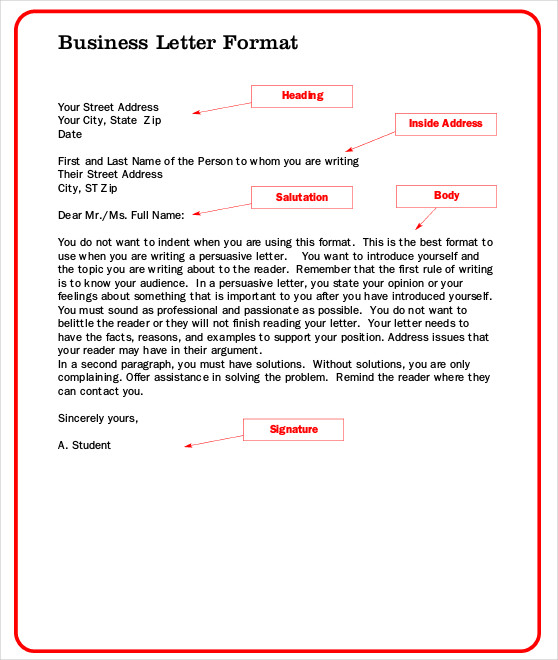Addressing the recipient correctly
When addressing someone in a formal letter, it is important to use their correct title and surname. The standard formats are:
- Dear Mr. Smith - for a man whose surname you know
- Dear Mrs. Robinson - for a married woman
- Dear Miss Jones - for a single woman
- Dear Dr. Wilson - for someone with a doctorate You should always include the person’s surname after their title, as this correctly identifies who you are writing to. Referring to someone simply as “Dear” without their name is considered too informal for business or professional correspondence.

Addressing an unknown recipient
If you do not know the name of the person you are writing to, the polite salutations are:
- Dear Sirs - for a company or organization where the gender is unknown
- Dear Sir or Madam - for an individual where the gender is unknown
Using “Dear Sirs” or “Dear Sir or Madam” at the start of a letter ensures it is respectfully addressed when you do not have the recipient’s name. Leaving off their name or title entirely would be incorrectly addressing the correspondence.
Responding to previous correspondence
When responding to a letter or email you have already received, you need to address the recipient by the name they used to sign off their previous message. For example:
- If they closed as “Yours sincerely, Jane Smith”, your letter should start “Dear Ms. Smith”.
- If they used “Regards, John Doe”, your response begins “Dear Mr. Doe”.
Referring back to how they identified themselves shows you have read their previous communication carefully. It also correctly directs your reply to the intended individual. Failing to acknowledge the name they used could result in confusion over who the letter is actually for.
Avoiding scammer tactics
Unfortunately, fraudulent operators will sometimes use ambiguous or incomplete addressing in an attempt to seem more casual or deceive recipients. For example, starting an email merely with “Dear” without a name implies familiarity which has not been established. Legitimate organizations always professionally address potential customers or clients with respect using appropriate titles and surnames. So blanket emails starting with vague salutations like “Dear, I want to tell you…” are a red flag indicating a likely scam attempt. Maintaining proper letter formats prevents such deception and protects recipients.
Getting the addressing right
In summary, to address formal correspondence correctly:
- Use an appropriate title (Mr, Mrs, Ms, Dr) and surname for a named individual
- For unknown recipients, opt for “Dear Sirs” or “Dear Sir or Madam”
- When responding, reference the name used in previous communication
- Avoid ambiguous salutations like simply “Dear” which can indicate a scam
Getting the greeting right ensures your letters make a positive first impression and are properly directed to the intended person in a respectful, professional manner.
:max_bytes(150000):strip_icc()/Proper-way-to-address-an-envelope-1216777_01_color-de1a67af181b4065b5698aa19f5ecf16.jpg)
 A British Born Chinese's Journey with Languages
A British Born Chinese's Journey with Languages